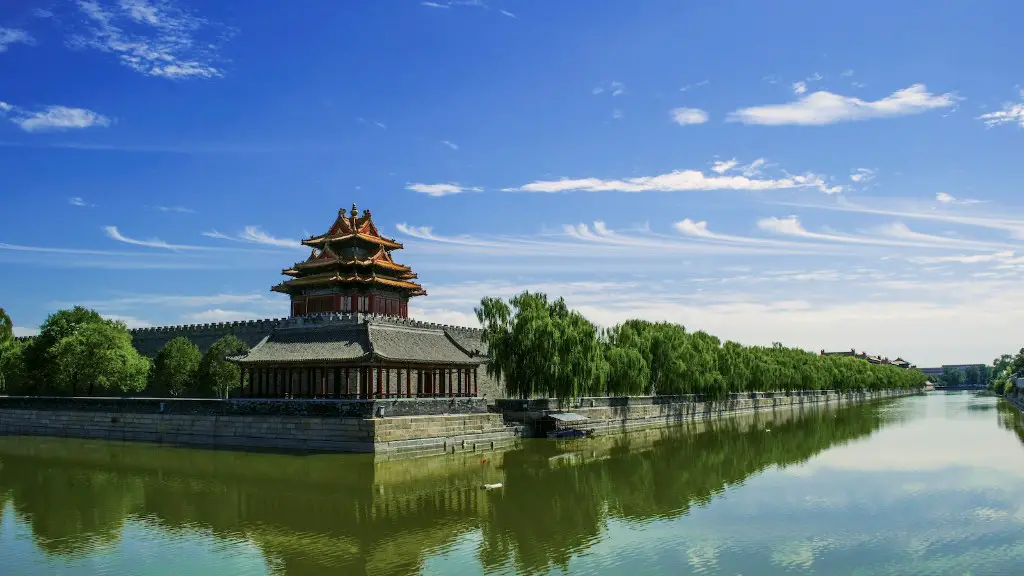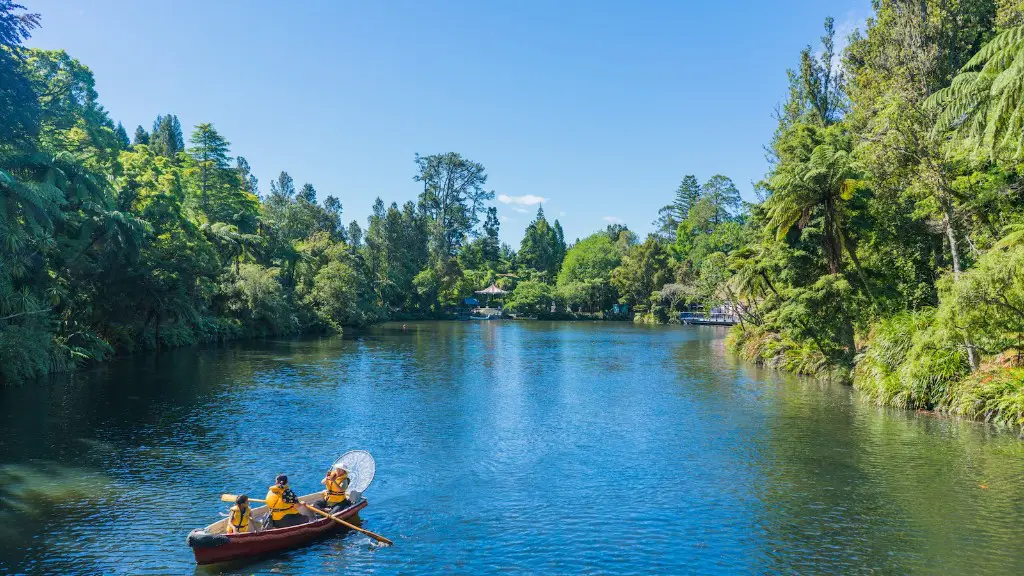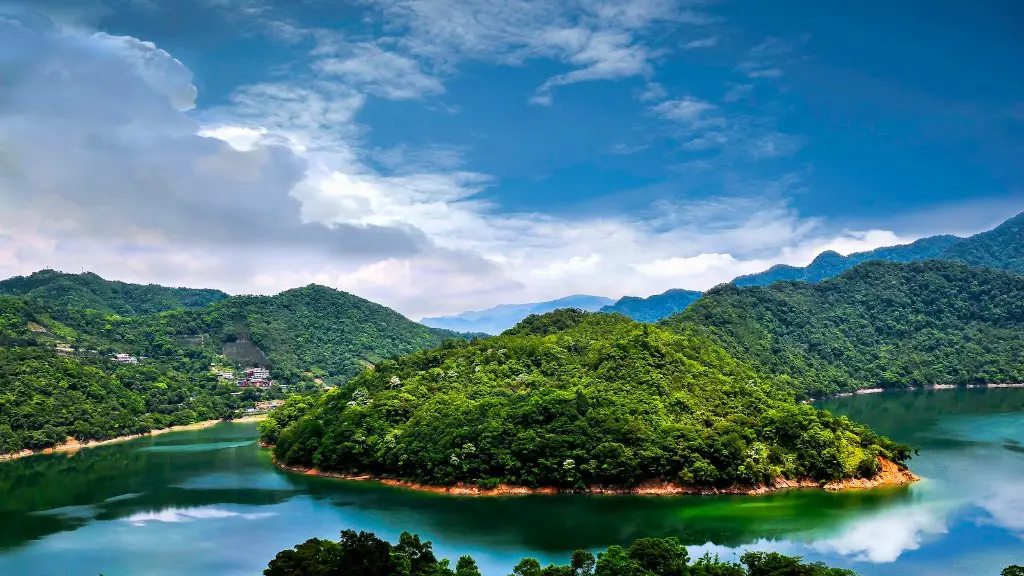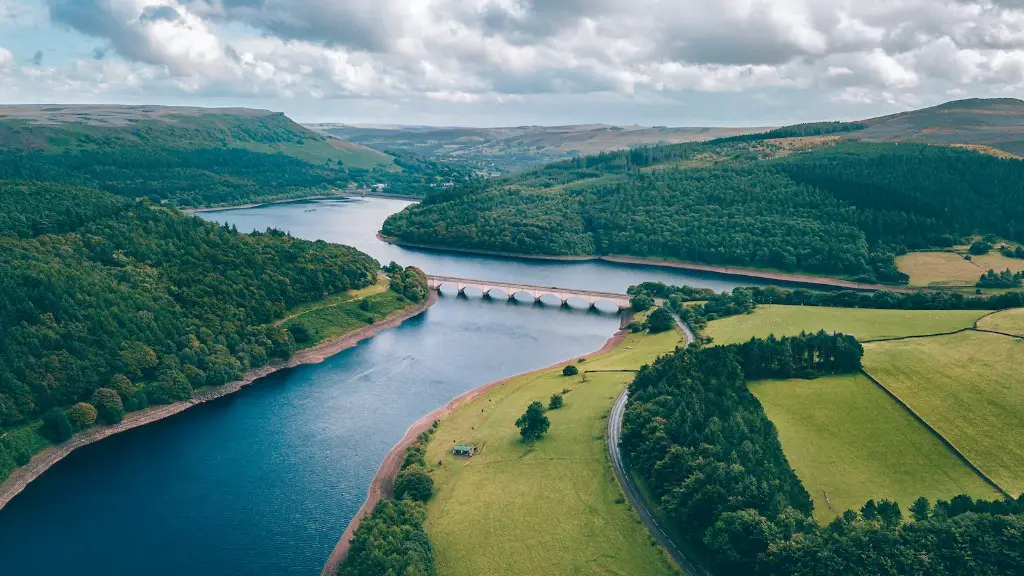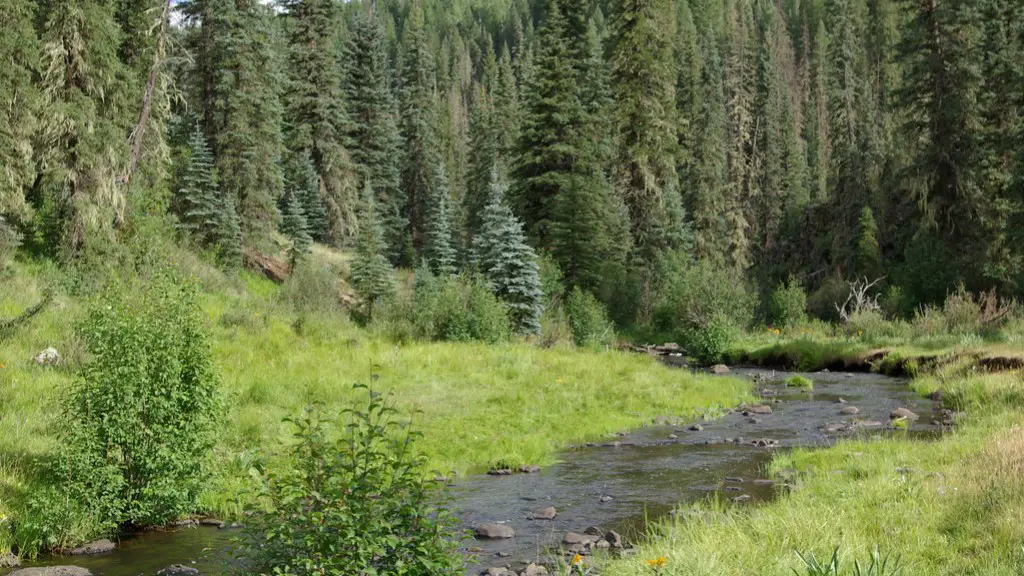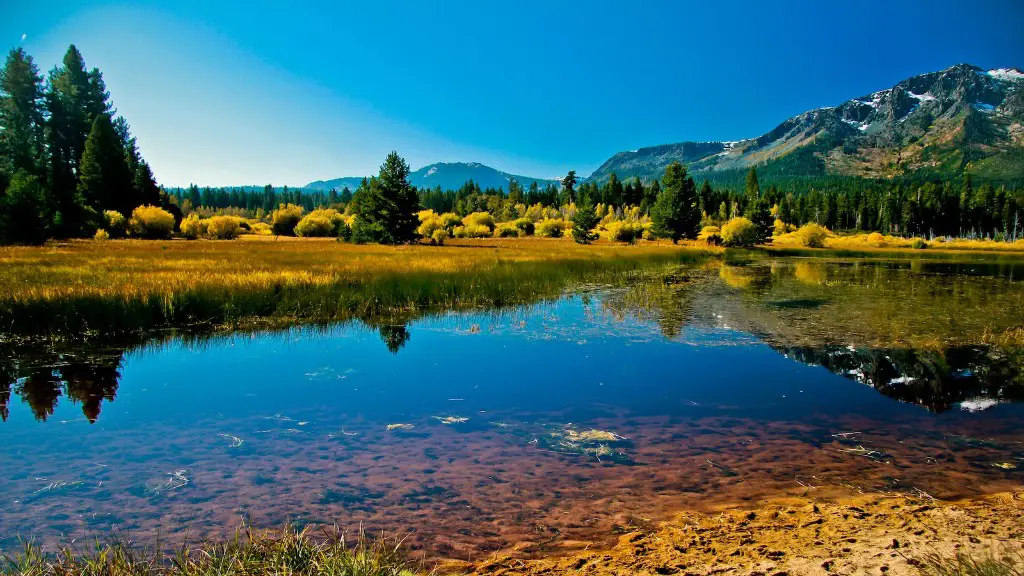The Mississippi River is one of the largest rivers in the world and has been an integral part of not only United States history, but its culture and economy as well. From its role in the American Revolution and its economic importance as a transportation route, to its presence in literature and song, the Mississippi has held a special place in the American consciousness.
The river runs from Lake Itasca in northern Minnesota to the Gulf of Mexico—spanning more than 2,340 miles, draining the 31 U.S. states and two Canadian provinces. This makes it not only the longest river system in North America, but also the fourth-longest river in the world.
From an economic standpoint, the importance of the Mississippi River is indisputable. It is the primary waterway for the entire country and its tributaries, which allow transportation from the Great Lakes to the Gulf of Mexico, provide key nourishment for crops and help create a range of industrial ports.
The Mississippi’s broad expanse has lent itself to numerous cultures and has been the setting for Civil War battles and the birthplace of jazz. The river is also home to numerous species of wildlife, most notably its population of North American beaver. Animal experts have found that it is home to more than 300 species of fish and watersports, such as canoeing and fishing, are popular activities due to the Mississippi’s large body of water.
In recent years, the Mississippi River has come under threat from man-made causes, including pollution and over-fishing. Scientists have found that climate change is gradually raising the river’s water levels, and if it continues to rise, it could cause a number of environmental problems. One of the most pressing environmental concerns is the possibility of the river becoming too shallow in places due to over-fishing and damming.
Fortunately, there is a concerted effort to protect and preserve the Mississippi River by a number of conservation organizations. The Nature Conservancy, for example, is dedicated to conserving the lands and waters that comprise the Mississippi and its tributaries, as well as restoring habitats and wildlife species native to the river.
The importance of the Mississippi River to the United States cannot be overstated. Its role in history, culture, and economy have shaped the course of the nation and its people, and we must do all we can to ensure its protection and preservation for generations to come.
Impact on Native Americans
The Mississippi has been of great significance to Native American tribes that inhabit the region, who regard the river as a source of sustenance and strength. Harnessing its vast resources, Native American groups built vast mound systems along its banks, many of which can still be seen today.
The Mississippi River, for example, was crucial to the Native Americans in the southeastern United States, as it provided sustenance and influenced their way of life. The river was a source of food, water, and transportation, and its potential as a trading artery allowed Native Americans to create extensive societal trading networks. It was also used as a source of protection, as it could offer cover during times of attack.
In addition, the Mississippi River formed invaluable cultural ties among the Native American groups in the region. Tribes were able to join together and exchange ideas and culture, creating a bond which lasted for centuries.
Today, the presence of the Mississippi River still plays a role in Native American culture. There are now a number of museums, parks, and tours dedicated to exploring and preserving Native American history, culture, and art on the banks of the river.
Economic Impact
The Mississippi River has been the lifeblood of the United States’ economy since its time of colonization. It has been an integral part of the transportation network since the 1800s and has since become an important industrial corridor. During the 19th century, the river was used to transport products from the eastern states to the western states, as well as to other countries.
Since then, the Mississippi River has emerged as an essential part of the United States’ infrastructure. It is the principal corridor for transporting grains, oil, and fertilizers, allowing these products to reach major markets in the east and south. The river is also the main source of electric power for the region, and it continues to be used by industries such as timber, chemical, and manufacturing.
Furthermore, the river is an important source of revenue for farmers, businesses, and industries in the region, providing jobs and employment opportunities. Finally, the Mississippi River also serves as an important recreational resource, attracting tourists and providing recreational opportunities to the people living in the region.
Environmental Impact
The United States’ economy relies heavily on the Mississippi River, but its environment is also under threat from over-fishing and pollution. As well as the threat from climate change, the river has also been polluted by industrial and agricultural waste. This pollution has led to the destruction of fish, bird, and plant habitats, and the river is now home to numerous threatened species.
In addition, the burgeoning problem of over-fishing is also taking its toll on the Mississippi River and its marine life. The river has been over-fished due to its high abundance of fish and shrimp and this is causing permanent damage to the river’s ecosystem.
In order to prevent further environmental damage to the Mississippi River, the U.S. government and conservation groups, like the Nature Conservancy, have put in place a number of initiatives. These initiatives have the goal of reducing the harmful impacts caused by industry and pollution, as well as over-fishing and habitat destruction.
Flood Control
Over the past few years, the Mississippi River has become increasingly prone to flooding due to changes in climate and weather patterns. The U.S. government has had to take drastic measures to ensure the safety of residents who live near the river and to reduce damage from such floods.
The U.S. Army Corps of Engineers has conducted research on the Mississippi River and has implemented measures such as levees and dams to help control the flow of the water. These measures are vitally important in preventing the damage from catastrophic floods, but also from moderate flooding that can have a lasting detrimental effect.
The impacts of flood control on the Mississippi are far-reaching. Not only does it help to protect those living alongside the river, but it also helps to maintain the balance of the river’s ecosystem. By minimizing the disruption caused by flooding, the river is able to support its intricate web of fish and wildlife.
The importance of the Mississippi River cannot be overstated. From providing sustenance and protection to native Americans, to supplying the nation with a crucial source of infrastructure, to providing recreational opportunities and flood control, the Mississippi River serves as a vital link to the nation’s past and present.
